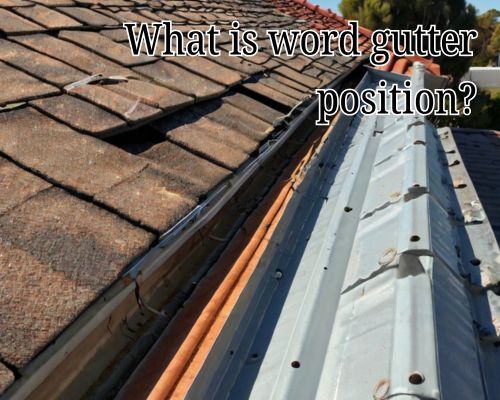Creating a bathroom that caters to the needs of individuals with disabilities or mobility challenges is not just a matter of convenience; it’s a crucial step toward fostering independence and ensuring safety. Special needs bathroom solutions are designed to address a wide range of physical limitations, offering features that make daily hygiene tasks easier and safer for everyone involved. From grab bars and walk-in tubs to wheelchair-accessible sinks, these modifications transform a standard bathroom into a supportive environment that promotes well-being and dignity.
Understanding the Importance of Bathroom Accessibility
For individuals living with disabilities or aging adults, the bathroom can present significant obstacles. Traditional bathroom layouts and fixtures often do not accommodate the needs of those who use mobility aids, have limited strength, or require assistance with personal care. The lack of accessibility can lead to difficulties in performing essential daily activities and, worse, increase the risk of falls and injuries. This is where special needs bathroom solutions come into play, providing adaptations that make these spaces more user-friendly and safer for everyone.
Key Features of Special Needs Bathrooms
Walk-In Tubs and Showers
One of the central elements of a special needs bathroom is the provision of barrier-free access to bathing areas. Walk-in tubs and showers eliminate the need to step over high thresholds, significantly reducing the risk of slips and falls. These fixtures often come with built-in seats, anti-slip flooring, and handheld showerheads, further enhancing safety and comfort.
Grab Bars and Handrails
Installing grab bars and handrails in strategic locations around the bathroom is a simple yet effective way to boost safety. These supports offer stability and confidence to individuals as they navigate the space, particularly around the toilet, shower, and bathtub areas.
Height-Adjustable Sinks and Vanities
For wheelchair users or those who have difficulty bending, height-adjustable sinks and vanities can make a world of difference. These features allow users to access the sink comfortably, promoting independence in daily grooming tasks.
Widened Doorways and Turnaround Spaces
Adapting a bathroom to be more accessible often involves structural changes, such as widening doorways and ensuring there’s enough turnaround space for a wheelchair. These modifications ensure that everyone, regardless of their mobility device, can enter and use the bathroom with ease.
Choosing the Right Solutions for Your Needs
Recognizing the diversity in individual needs and preferences, it’s essential to tailor bathroom modifications to suit the specific requirements of the user. Consulting with professionals who specialize in accessible bathroom designs can provide valuable insights and recommendations tailored to your unique situation.
For those in the process of remodeling or constructing a bathroom that meets these specialized needs, Safeshower Bathrooms offers a comprehensive range of services and solutions. From initial design consultation to installation, their team of experts is equipped to handle every aspect of creating a safe, accessible bathroom that doesn’t compromise on style or functionality.
The Role of Technology in Enhancing Accessibility
Advancements in technology have also paved the way for innovative solutions that enhance bathroom safety and usability. Features such as touchless faucets, voice-activated lighting, and temperature-controlled showers contribute to a more accessible and user-friendly environment. By integrating these technological innovations, special needs bathrooms can further improve the quality of life for individuals with disabilities or mobility challenges.
Conclusion
Adapting a bathroom to meet the needs of individuals with disabilities or mobility issues is vital for promoting independence, safety, and dignity. Special needs bathroom solutions offer a variety of modifications that cater to different limitations, making daily hygiene tasks more accessible and safer. By investing in the right adaptations and seeking expertise from specialists like Safeshower Bathrooms, it’s possible to create a supportive and functional bathroom environment for everyone.
In the journey towards greater accessibility, it’s crucial to recognize the unique needs of each individual and customize bathroom designs accordingly. Through thoughtful planning and the implementation of specialized solutions, we can transform standard bathrooms into empowering spaces that facilitate ease and safety for all users.

